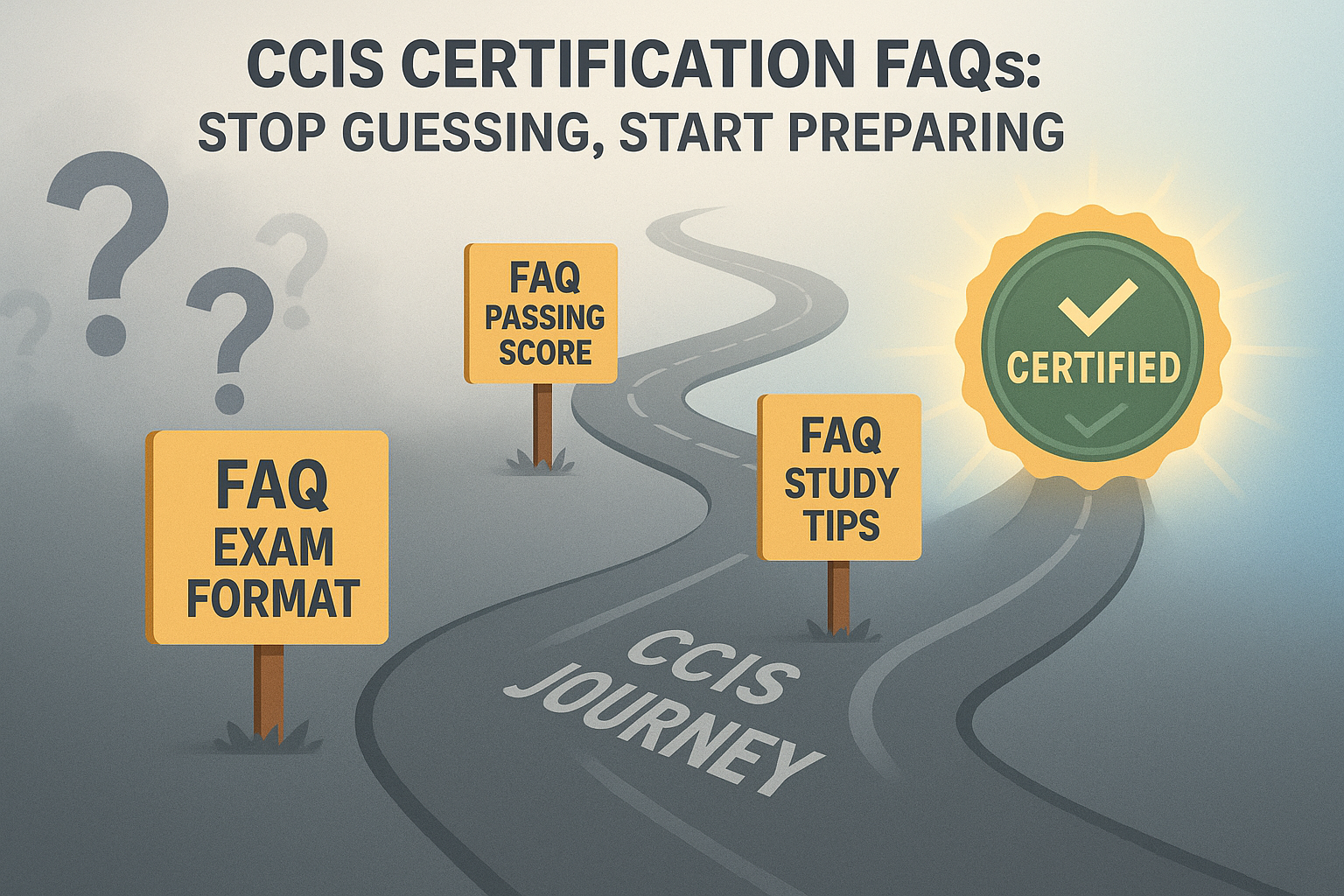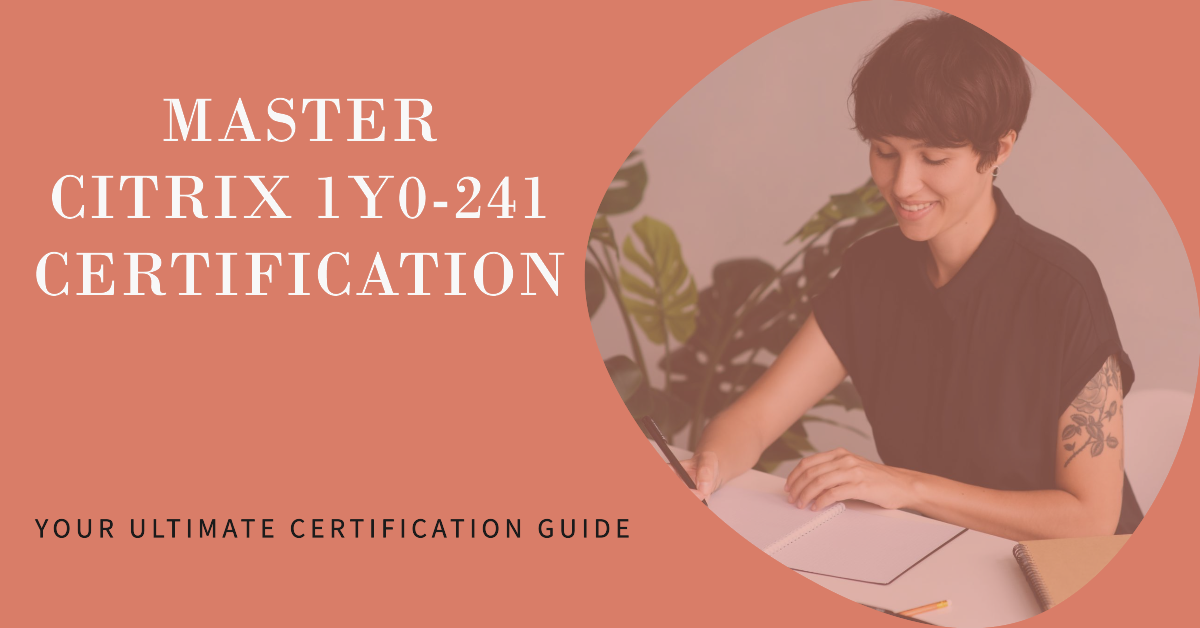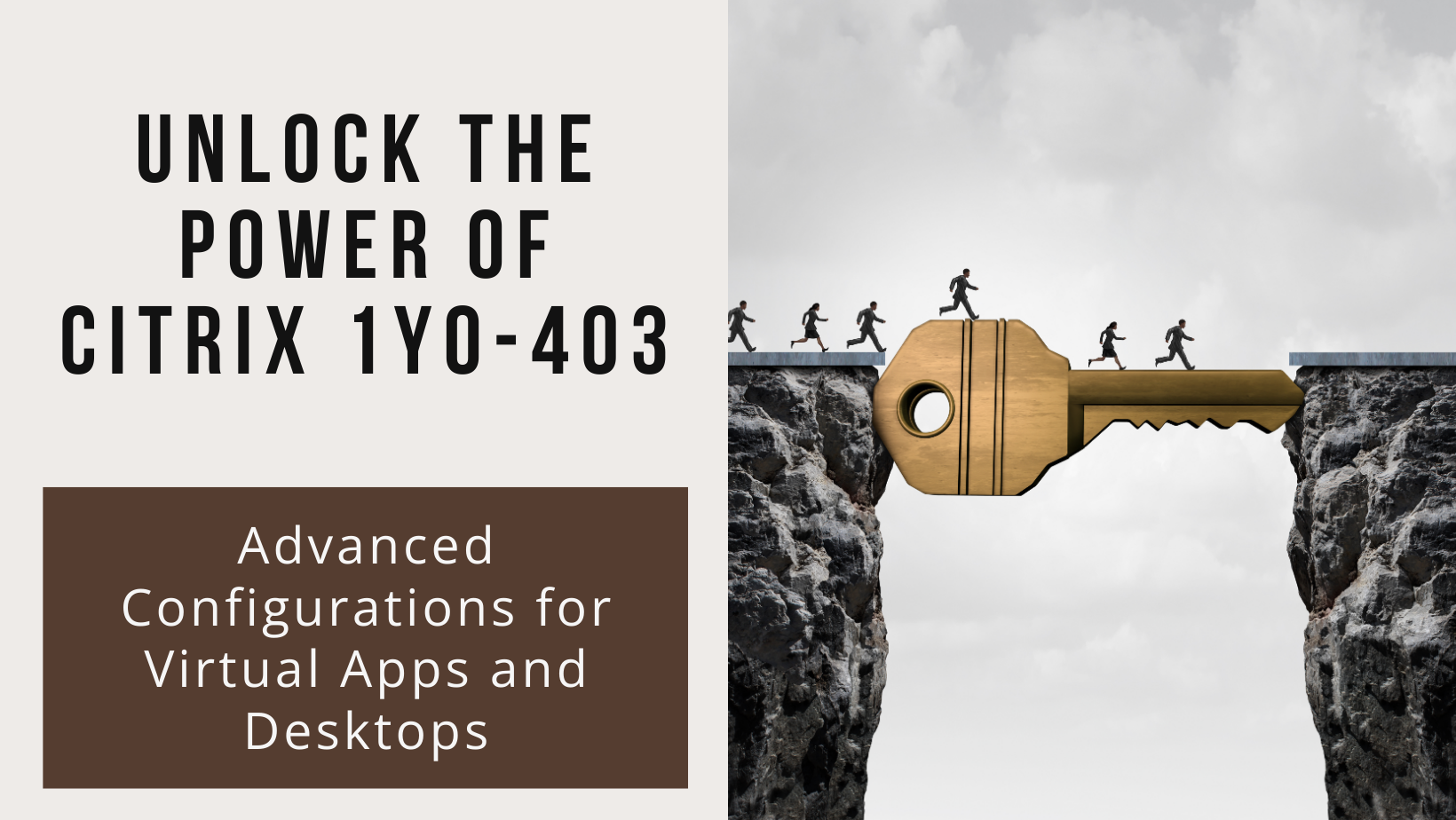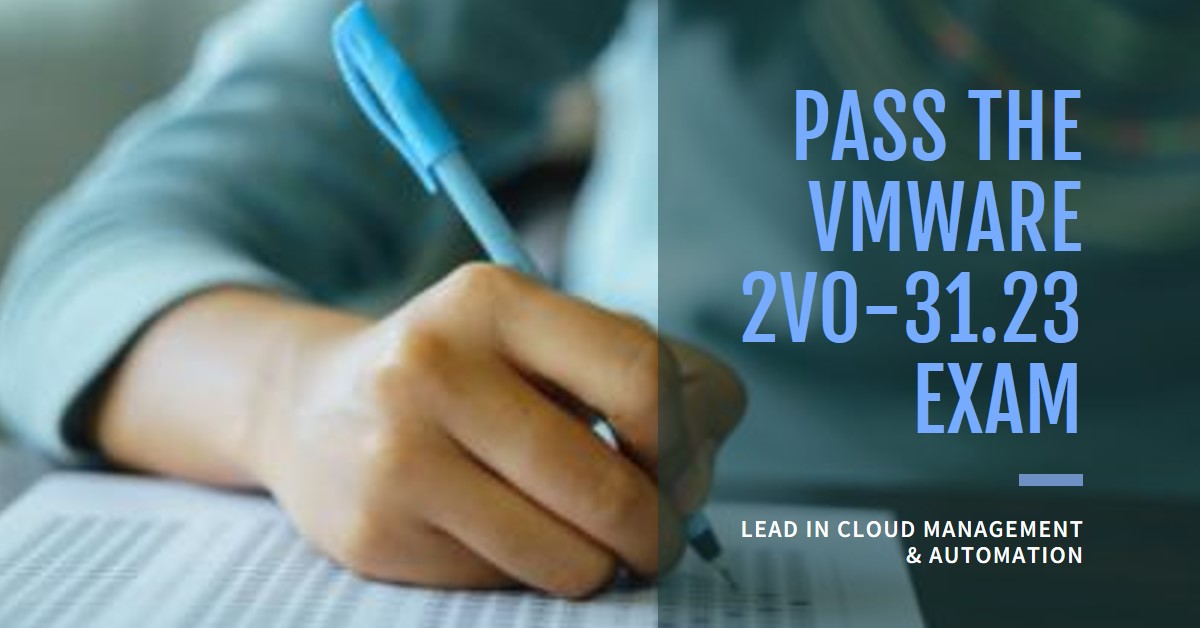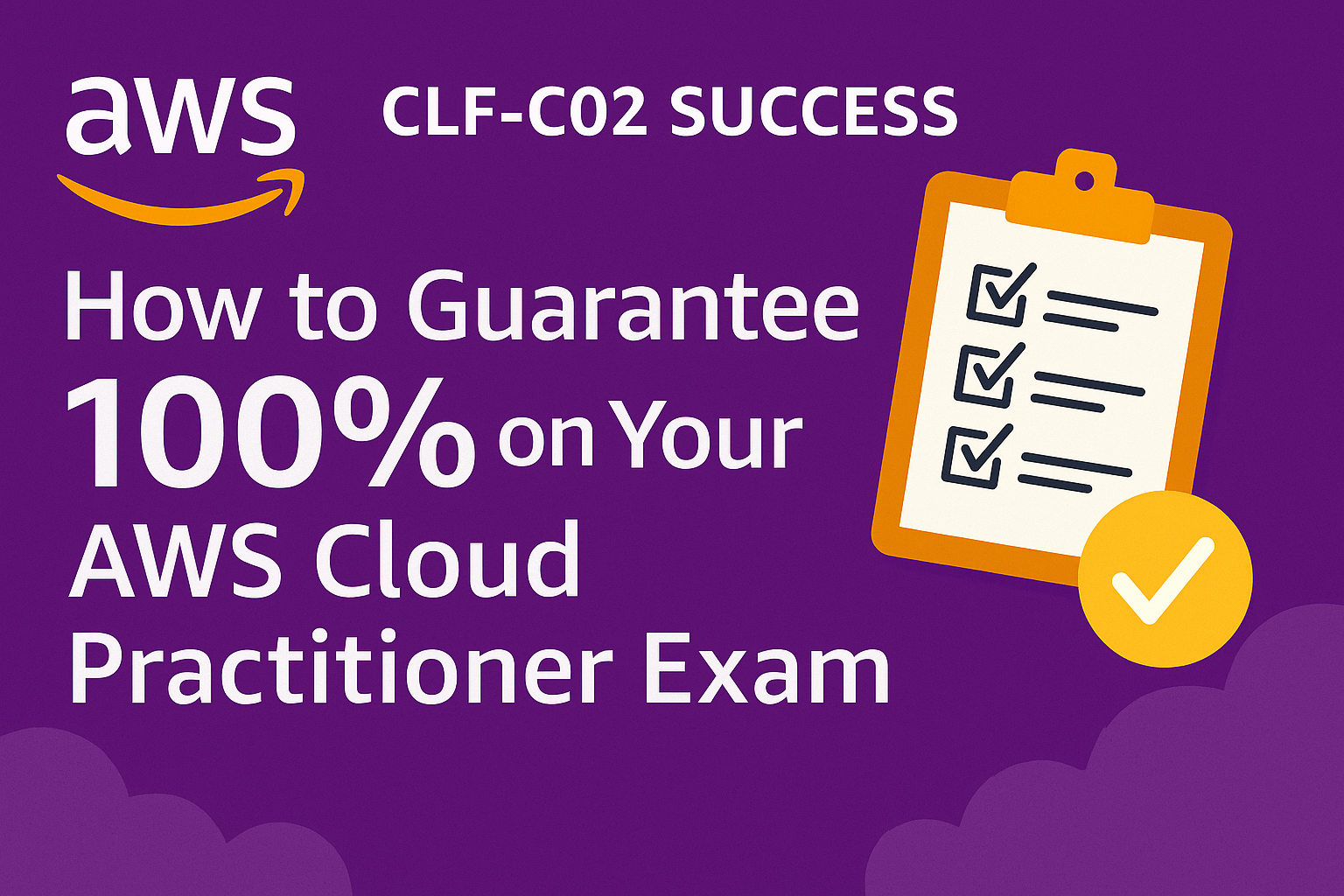 Press Releases That Rank – Boost Authority & Brand Trust Fast!
Press Releases That Rank – Boost Authority & Brand Trust Fast!
AWS SysOps Administrator Associate Exam (SOA-C02): Complete Preparation Guide
Written by VMExam » Updated on: June 17th, 2025

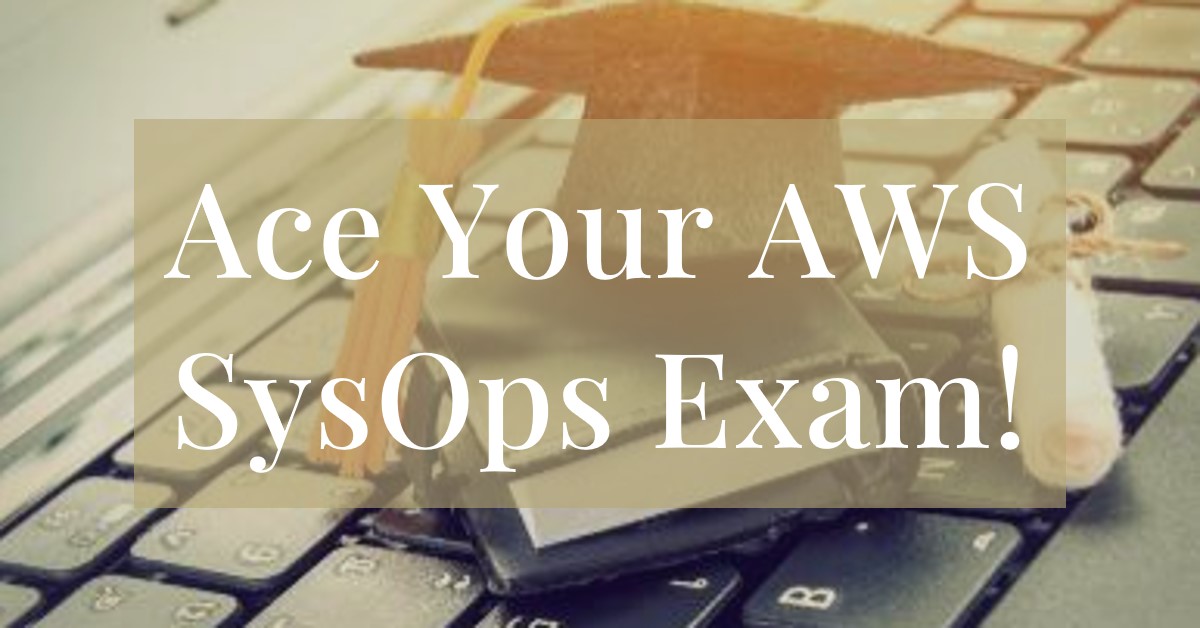
The AWS Certified SysOps Administrator – Associate exam (SOA-C02) validates the expertise of IT professionals in deploying, managing, and operating scalable, highly available systems on the AWS platform. For those aiming to pursue this certification, it's important to understand what the exam entails, its structure, and how to best prepare. This comprehensive guide provides detailed information on the AWS SOA-C02 exam, its syllabus, key topics, and tips for success, ensuring that candidates are well-prepared to pass the exam and become AWS Certified SysOps Administrators.
Overview of the AWS SysOps Administrator – Associate Exam
- Exam Name: AWS SysOps Administrator – Associate
- Exam Code: SOA-C02
- Exam Duration: 130 minutes
- Number of Questions: 65
- Passing Score: 720/1000
- Exam Cost: $150 USD
The AWS SysOps Administrator Associate exam evaluates the skills required to manage the operation of cloud systems. This exam focuses on a wide range of topics, including monitoring and logging, reliability and business continuity, deployment and automation, security, and more. The exam is designed for individuals with at least one year of experience in managing AWS-based applications.
AWS SOA-C02 Exam Syllabus
The AWS SOA-C02 certification exam is divided into six key domains, each with its own weightage. These domains cover the essential areas needed for a SysOps Administrator role on AWS. Here’s a breakdown of the exam syllabus:
1. Monitoring, Logging, and Remediation (20%)
This domain evaluates the ability to monitor and manage resources within AWS. The key skills assessed in this domain include:
- Configuring and managing AWS CloudWatch to collect and monitor metrics and logs
- Setting up alarms, notifications, and remediation procedures for operational issues
- Using AWS Systems Manager to automate tasks and manage instances
- Identifying and troubleshooting resource performance issues
2. Reliability and Business Continuity (16%)
This section ensures that candidates can design and implement highly available and resilient systems. Key areas of focus include:
- Designing systems for fault tolerance and high availability
- Managing AWS CloudFormation templates for provisioning and resource management
- Implementing disaster recovery solutions using AWS services
- Handling backup and recovery strategies within the AWS ecosystem
3. Deployment, Provisioning, and Automation (18%)
In this domain, candidates will demonstrate their proficiency in automating the deployment and management of infrastructure. Topics include:
- Implementing and managing AWS Auto Scaling to adjust resources based on demand
- Automating deployments using AWS Elastic Beanstalk, CloudFormation, and AWS OpsWorks
- Managing configurations and software updates through automation tools like Systems Manager and CloudFormation
- Implementing and managing instances using Amazon EC2 and Elastic Load Balancing
4. Security and Compliance (16%)
Security is a critical aspect of any cloud environment. This section tests the ability to implement secure systems in AWS. Key topics include:
- Implementing identity and access management (IAM) policies and controls
- Managing encryption using AWS Key Management Service (KMS)
- Enabling security monitoring with AWS CloudTrail and AWS GuardDuty
- Implementing compliance and regulatory requirements using AWS services
5. Networking and Content Delivery (18%)
This domain focuses on configuring and managing networking and content delivery systems. Areas covered include:
- Configuring Virtual Private Cloud (VPC) for secure and scalable networks
- Managing DNS, routing, and IP addressing using Route 53
- Setting up content delivery networks (CDNs) with Amazon CloudFront
- Configuring security groups, Network Access Control Lists (NACLs), and VPNs
6. Cost and Performance Optimization (12%)
Cost management and performance optimization are key responsibilities of a SysOps Administrator. This domain assesses skills in:
- Identifying cost-effective solutions using AWS pricing models
- Implementing performance tuning and scaling strategies for AWS resources
- Monitoring and optimizing AWS services for cost and performance efficiency
- Managing AWS budgets, cost allocation, and cost analysis
How to Prepare for the AWS SOA-C02 Exam
Study Resources
Candidates should use a variety of resources to prepare for the AWS SysOps Administrator – Associate exam. This includes:
- AWS Whitepapers: AWS provides official whitepapers on best practices, architecture, and security that are essential for understanding AWS services and solutions.
- AWS Documentation: Thoroughly review the AWS documentation to understand service configurations, management practices, and troubleshooting procedures.
- AWS Training and Certification: AWS offers online courses and training that cover all exam objectives.
- Practice Exams: Utilize practice exams to familiarize yourself with the exam format and timing. Sample questions and mock exams can help identify weak areas.
Hands-on Experience
Practical experience with AWS services is crucial for the exam. It is recommended to have hands-on exposure with services such as:
- EC2, S3, Lambda
- CloudWatch, CloudTrail, Systems Manager
- VPC, CloudFront, Route 53
- IAM, KMS, and GuardDuty
Time Management
The AWS SOA-C02 exam consists of 65 questions to be completed in 130 minutes, which gives about two minutes per question. Practice time management during study sessions to ensure that you can complete all questions within the given time frame during the actual exam.
Tips for Success in the AWS SOA-C02 Exam
- Understand the Exam Domains: Focus on understanding the key concepts in each domain. This knowledge will help not just for the exam but also in your day-to-day responsibilities as a SysOps Administrator.
- Hands-on Practice: Set up a free-tier AWS account and gain hands-on experience. Practice is crucial for solidifying concepts.
- Review AWS Best Practices: AWS provides comprehensive best practices for building scalable, reliable, and secure systems in the cloud. Review these best practices before the exam.
- Use the AWS Free Tier: The AWS Free Tier allows you to experiment with AWS services at no cost (within certain usage limits), helping you gain practical experience.
Conclusion
Becoming an AWS Certified SysOps Administrator – Associate is a significant achievement for IT professionals looking to advance their careers in cloud computing. The AWS SOA-C02 exam tests critical skills in cloud operations, automation, security, and cost optimization. By thoroughly understanding the exam domains, preparing with hands-on experience, and utilizing the right study resources, candidates can successfully pass the exam and earn the AWS Certified SysOps Administrator – Associate certification.
With proper preparation and a focus on key areas of the exam syllabus, success is within reach. Best of luck with the preparation journey!
Frequently Asked Questions (FAQs)
What is the passing score for the AWS SOA-C02 exam?
The passing score for the AWS SOA-C02 exam is 720 out of 1000. It is essential to focus on the areas with higher weightage in the exam syllabus to increase the chances of passing.
How many questions are on the AWS SOA-C02 exam?
The AWS SOA-C02 exam contains 65 multiple-choice questions that need to be completed within 130 minutes.
What is the cost of the AWS SOA-C02 exam?
The cost of the AWS Certified SysOps Administrator – Associate exam (SOA-C02) is $150 USD.
How long is the AWS SOA-C02 exam valid?
The certification for the AWS SOA-C02 exam is valid for three years. After that, recertification is required.
How can I register for the AWS SOA-C02 exam?
Candidates can register for the AWS SOA-C02 exam through the AWS Certification portal. You’ll need to create an account, select the exam, and schedule your exam time.
Note: IndiBlogHub features both user-submitted and editorial content. We do not verify third-party contributions. Read our Disclaimer and Privacy Policyfor details.
Copyright © 2019-2025 IndiBlogHub.com. All rights reserved. Hosted on DigitalOcean for fast, reliable performance.


